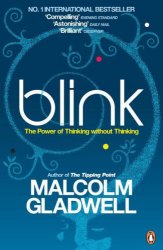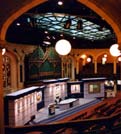"Surveys also suggest that as many as one in five visitors to the UK come as a result of seeing the country on screen."So, I wonder what the average viewer around the world has seen of Northern Ireland on their screens? Even post-ceasefire(s), and post-Good Friday, there's still plenty of shameful pictures broadcast around the world each summer.
One Indian colleague has worked in Northern Ireland a couple of times over the last few years. Each time she arrives, there is a major incident that makes it onto the front pages of Indian newspapers and onto their evening news - causing her family great worry, and generating calls home to calm stressed nerves. Coincidence, but telling.
My memory of a balmy Sunday afternoon spent at a hill station outside Pune (100 miles east of Mumbai) was that it looked very like County Antrim. Green fields stretching up the hills. A big lake - that we motored across. A large damn generating power for the city of Pune. The only thing missing were sheep.
So if Bollywood film producers are happy to chase the sheep out of their shoots, and the actors can put up with our all-year round monsoon season, then they'll have a lot of success making Bollywood classics here.
And it'll be a bit of competition for Richard Attenborough who is filming Closing the Ring in Belfast, through the new Titanic Studios - based in the defunct Maysfield leisure centre.



 It's not often that members of technocrati converge in Belfast for a conference on Free and Open Source Software. Even less common for the event to be free, include free refreshments and lunch, and operate a self-registration scheme - based on a wiki!
It's not often that members of technocrati converge in Belfast for a conference on Free and Open Source Software. Even less common for the event to be free, include free refreshments and lunch, and operate a self-registration scheme - based on a wiki!

 Pavee Lackeen means “The Traveller Girl”. It’s a documentary-style film released in 2005 that depicts the life of a young Irish Traveller girl (Winnie Maughan) and her family. The Maughan family are all played by themselves, with only a small number of professional actors, living in a caravan cited near the docks by a noisy roundabout in the outskirts of Dublin.
Pavee Lackeen means “The Traveller Girl”. It’s a documentary-style film released in 2005 that depicts the life of a young Irish Traveller girl (Winnie Maughan) and her family. The Maughan family are all played by themselves, with only a small number of professional actors, living in a caravan cited near the docks by a noisy roundabout in the outskirts of Dublin.